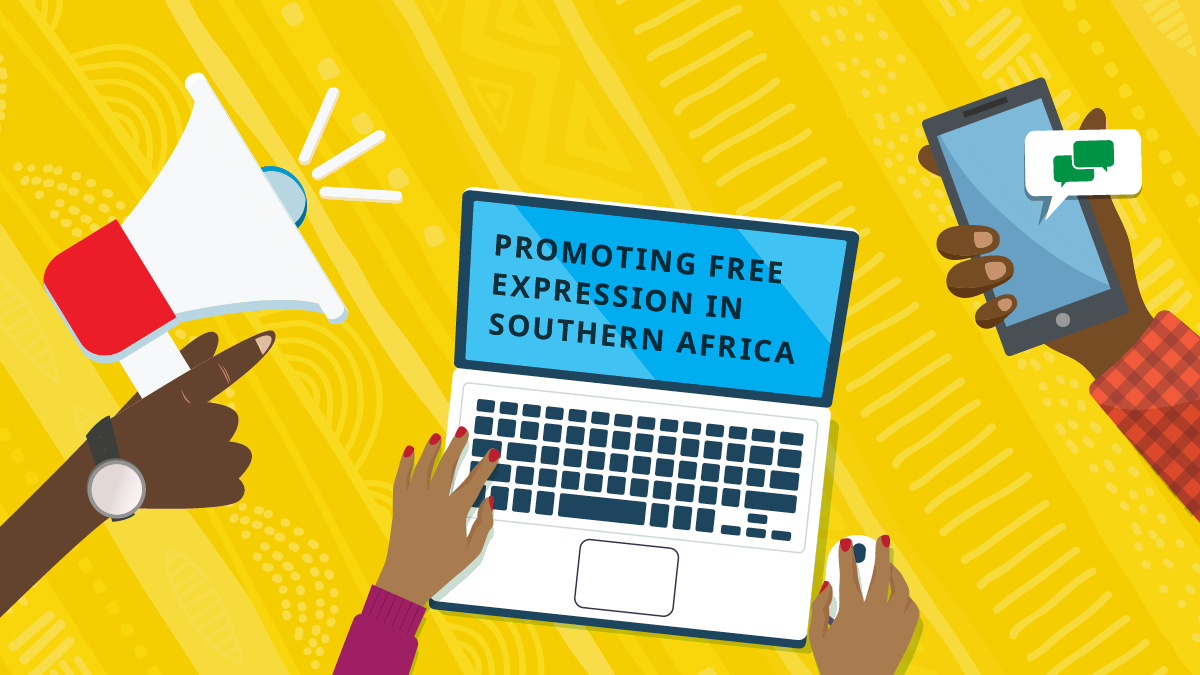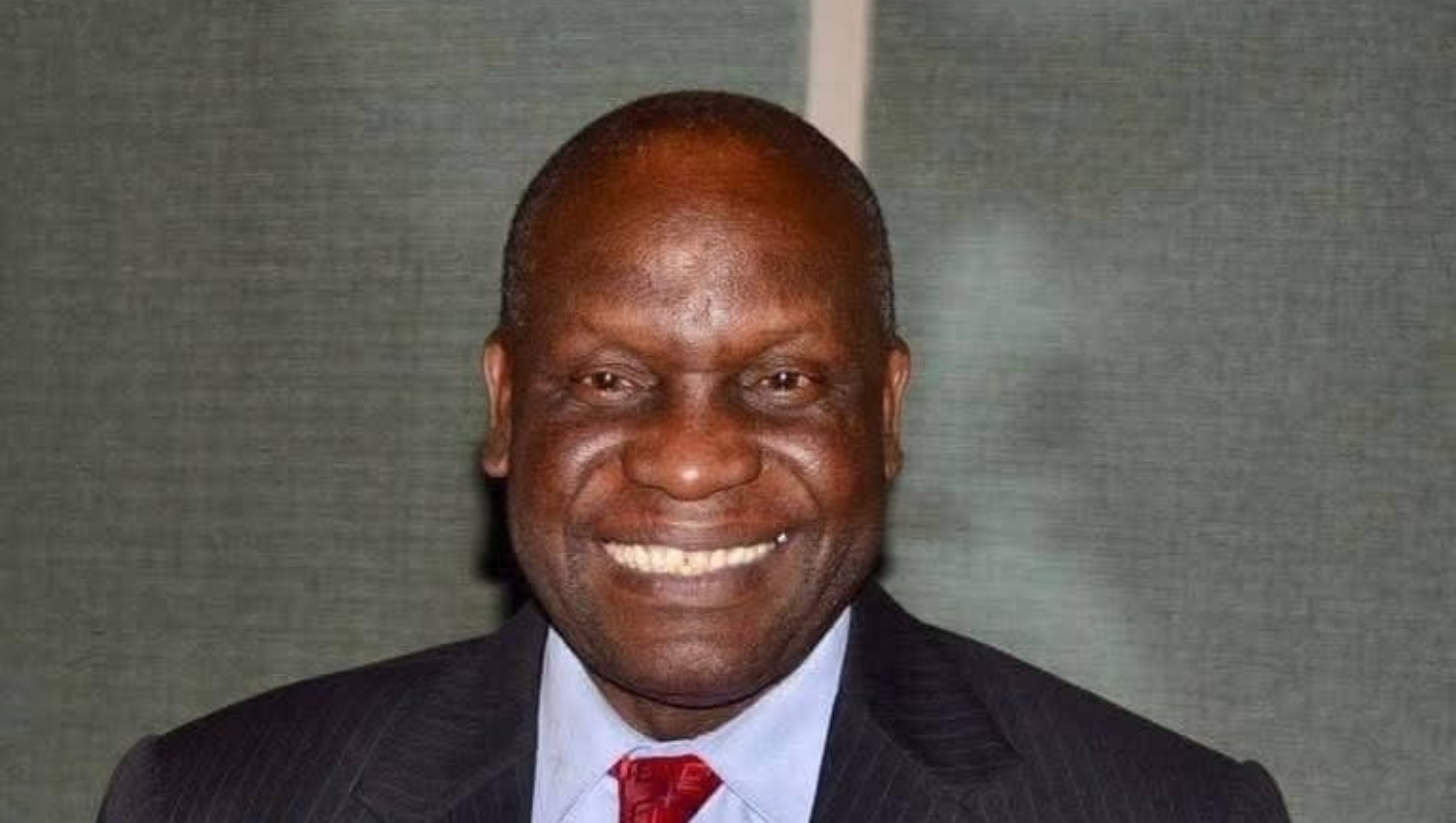
Former MISA Zambia Chairperson Daniel Sikazwe, also a Media StudiesLecturer, contributes to a discussion during the Indaba.
MISA Zambia successfully held a two-day Radio Indaba from Monday, September 14 to Tuesday, September 15 at the Cresta Golfview Hotel in Lusaka, attracting various radio (broadcast) stations from all over Zambia.
The indaba aimed to provide a platform for multi-stakeholder interaction on standards in the radio industry by looking at the current challenges in the fraternity and also providing possible solutions to those challenges.
Speaking at the official opening of the Indaba, Independent Broadcasting Authority (IBA) Director General, Ms. Josephine Mapoma said she was encouraged by such a gathering which would discuss topical issues concerning the sector as it is the fastest growing sector of the media.
She explained that since inception in 2013, the IBA had issued a total of 19 radio broadcasting licences bringing the number radio stations to 80.
The Director-General further said the authority had a duty to encourage Zambians to own and operate broadcasting stations and provide ethical guidelines for them to follow.
She added that the IBA was however facing some challenges as there had never been a regulator in the industry until two years ago but the authority had published ethical guidelines for the stations.
“The business in which you are involved, ladies and gentlemen, is a volatile one that cannot exist in a vacuum or without rules and regulations”, she said.
And speaking at the same event, Media Institute of Southern Africa (MISA) Zambia Chairperson, Hellen Mwale, noted that the contribution of radio to the country’s socio-economic development could not be over emphasised.
Ms. Mwale said the radio channels have been able to help citizens to access critical information through news and current affairs programmes.
She added that radio has not only created a platform for people to exercise freedom of expression but also a platform to interact with duty bearers and elected leaders.
She however bemoaned the challenges the radio industry was facing including sustainability challenges that make it hard for them to meet operational costs, train staff or maintain and replace equipment.
Ms. Mwale also mentioned that it is sometimes hard to operate because of the hostile environments such as threats and political interference at radio stations.
She further said MISA, together with other partners such as BBC Media Action are working relentlessly towards improving the sustainability projects of radio so that it can continue to play its critical role in the development of the country.
The indaba comprised panel discussions on topics such as the future of radio in Zambia, ethics in the media and the challenges involved in ensuring financial sustainability for radio stations.
The participants also had the privilege of attending master classes on technical radio broadcast areas such as Radio Journalism, Music Scheduling, the DNA of great content and Social Media among others with experts from the Wits University.
The indaba was organised by MISA Zambia with support from the BBC Media Action and the Swedish International Development Agency.
END//










